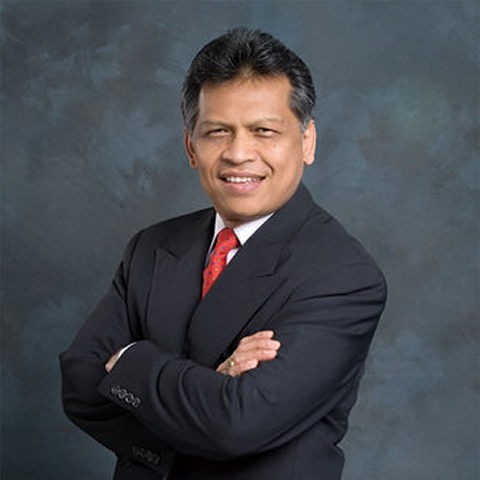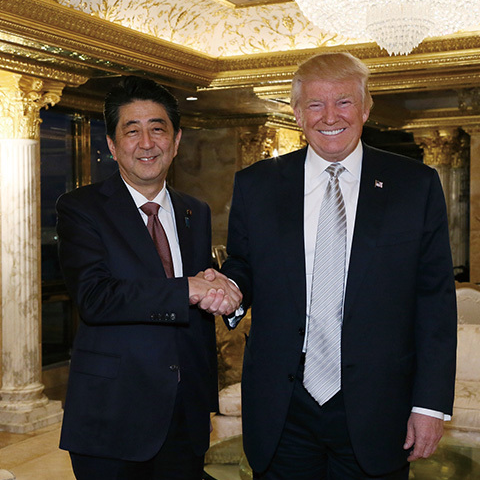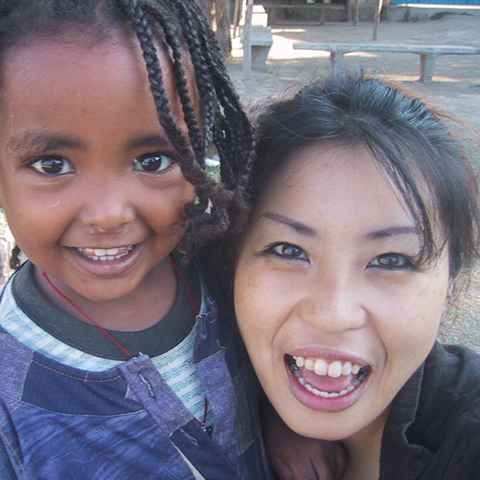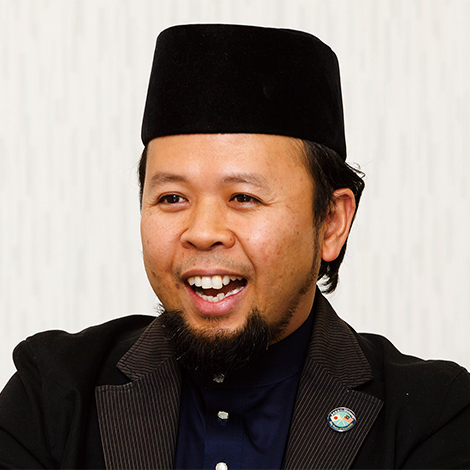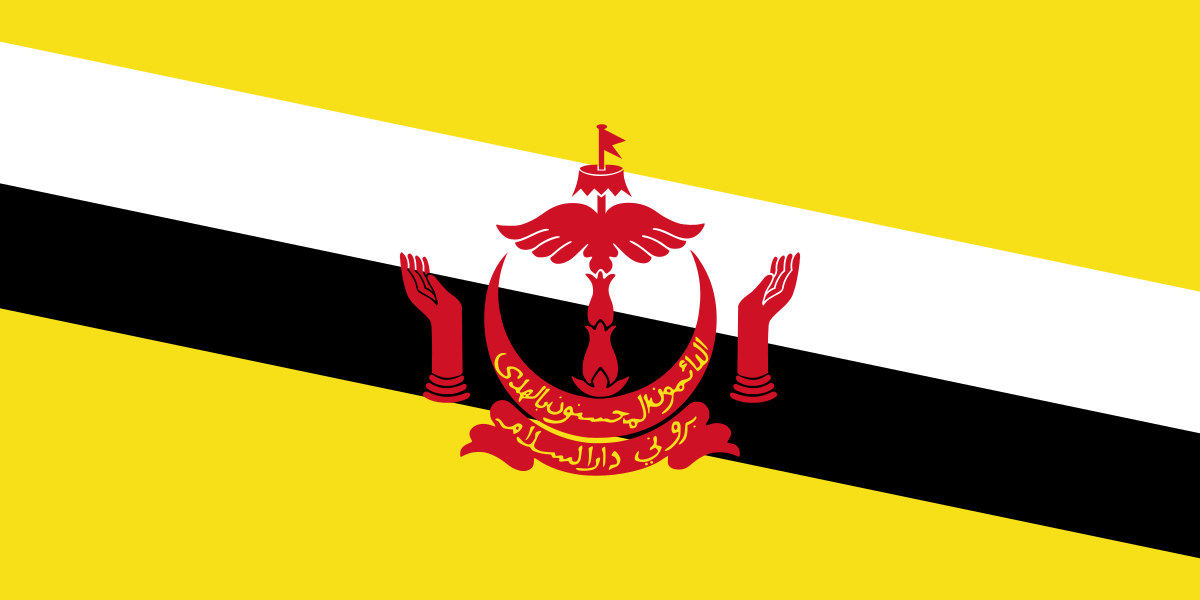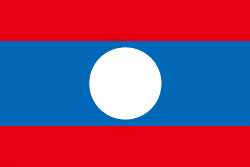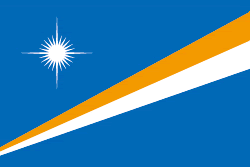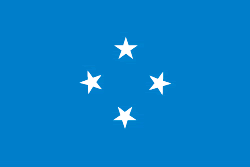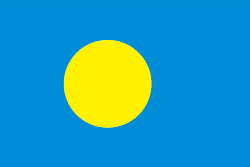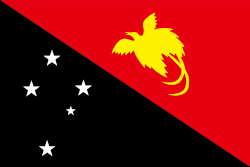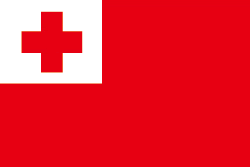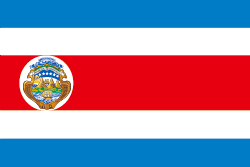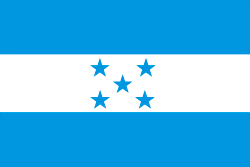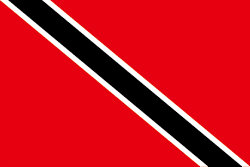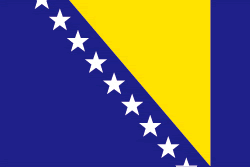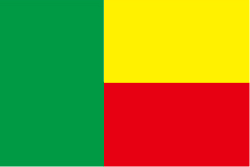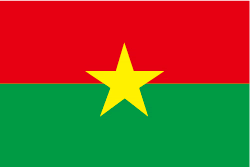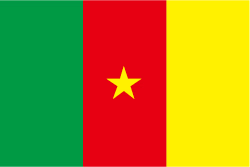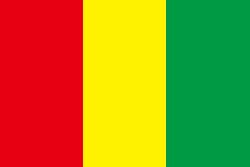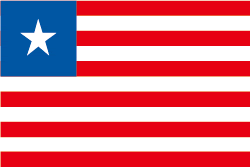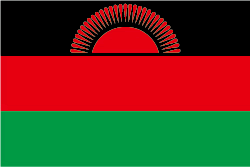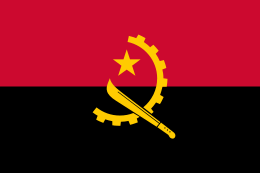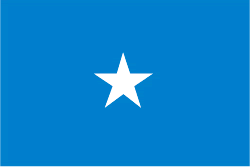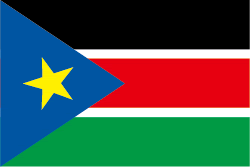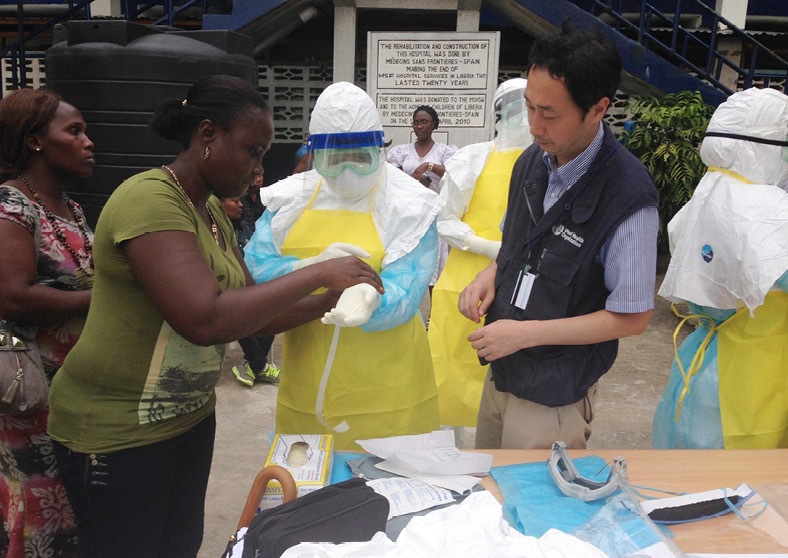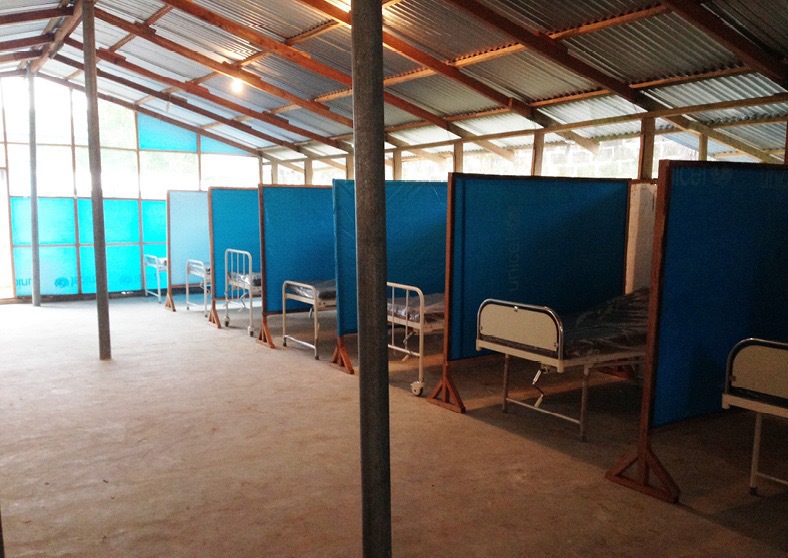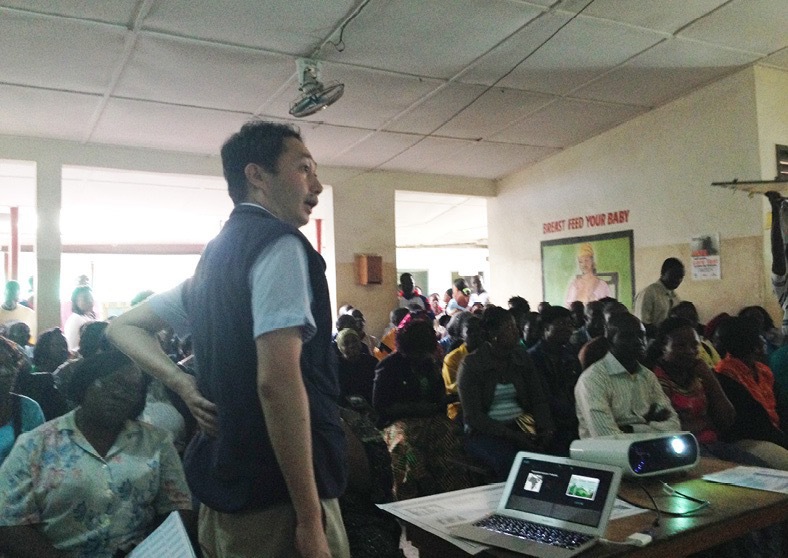Ebola hemorrhagic fever is running rampant in West Africa. In May and August 2014, Dr. Yasuyuki Kato (chief physician at the Disease Control and Prevention Center, National Center for Global Health and Medicine) joined the WHO mission to provide medical aid to Liberia, the worst-hit country in the Ebola outbreak. Dr. Kato risked his life on the frontlines to treat and prevent Ebola infection.
He says that the reason he chose the field of infectious disease is that it is so challenging. At the start of his career as an infectious disease specialist, he traveled to SARS-stricken Taiwan and avian influenza-stricken Vietnam, where he witnessed the effects of those outbreaks firsthand. Dr. Kato believes that in order to effectively fight infectious disease, it is essential to understand the social and cultural background of the country and investigate the cause of the outbreak from a wide range of perspectives, in addition to seeing the actual patients. Dr. Kato’s experience in Taiwan and Vietnam led him to develop the conviction that one must go to the epicenter of the outbreak.
Thus, in 2012 he set off for Uganda, which was then suffering an outbreak of Ebola. And in 2013 he traveled twice to Liberia to treat and prevent Ebola infection. When he arrived, he found that medical treatment had ceased, and the region was in a state of social instability.
“Of course, I had the constant fear that I could become infected, but I stayed because my desire to find out what caused the outbreak and why it was spreading was stronger.” In his investigation of the local beliefs and customs, he found that many of the local people thought that the disease was caused by a curse and were extremely wary of modern medicine, factors that became major obstacles to diagnosis and treatment. He also discovered that one reason the disease was spreading was the religious practice in which families would wash the body of a deceased relative.
Dr. Kato’s main duties there were to train the medical staff how to wear the protective gear to prevent infection, give advice on building a system to take in patients who had developed a fever, and assist Ebola treatment units—all crucial measures in suppressing the spread of infection.
However, there were not enough Ebola treatment units to accept every patient. Furthermore, due to the limited medical resources, adequate treatment could not be provided. The100-person medical staff was devoted to helping as many patients as possible, but did so without regard to their own safety. This increased the risk of infection, leading to the further spread of the disease. At the local medical staff meetings, he reiterated that no one should try to be a hero and emphasized the importance of keeping a level head and being meticulous when performing one,s duties.
The local staff,s efforts proved fruitful. Dr. Kato says that his happiest moment as a doctor is when he sees a recovered patient.
Relying on his experience in other countries, Dr. Kato has also been instrumental in developing guidelines for the prevention and treatment of viral hemorrhagic fever in Japan. “Controlling the spread of the disease at its source is an essential measure in preventing its spread in Japan. That is why medical aid to other countries is so important,” he explains.
“Japan is an advanced country in the treatment of infectious disease, and other countries look to us for solutions.” And the fact that more and more young doctors in Japan want to become infectious disease specialists is encouraging news as well.
But we don’t need heroes who take unnecessary risks. “Taking methodical and level headed actions using Japan’s technology will lead to global prevention measures,” says Dr. Kato. Because he is someone at the forefront of his field, his words are quite convincing.
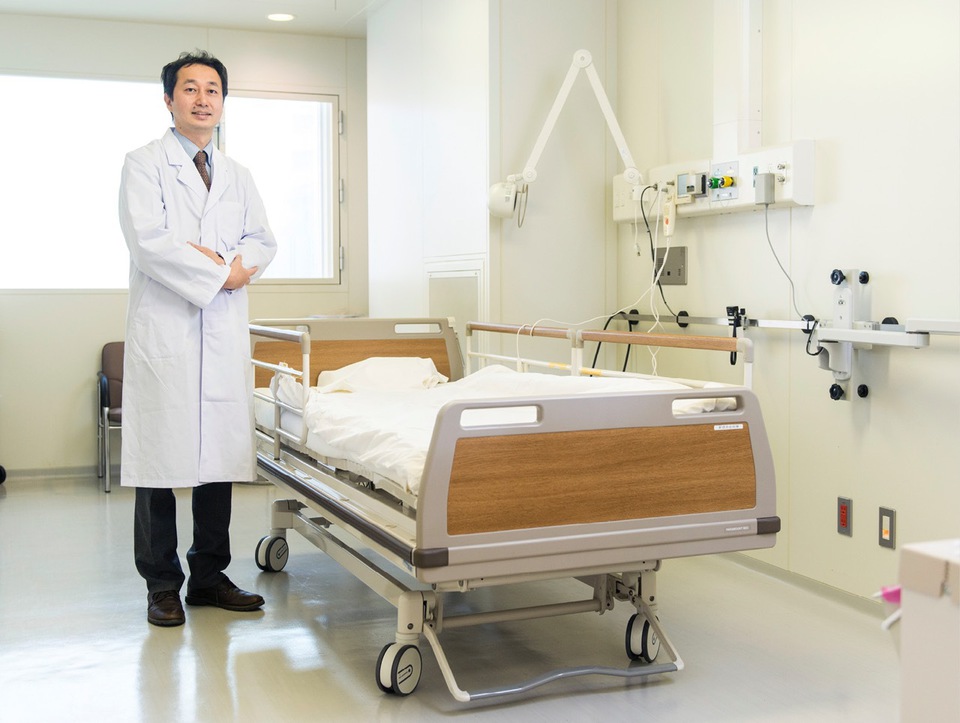
Yasuyuki Kato
Born in 1969, Yasuyuki Kato graduated from the Chiba University School of Medicine in 1995 and completed his postgraduate studies at Johns Hopkins University in Baltimore, United States. In 2005, he joined the National Center for Global Health andMedicine (NCGM) and has served as chief physician of the NCGM’s Center Disease Control and Prevention Center since 2012. He is a specialist in Class I infectious diseases, which consists of extremely dangerous diseases such as Ebola hemorrhagic fever and Marburg virus disease.


























